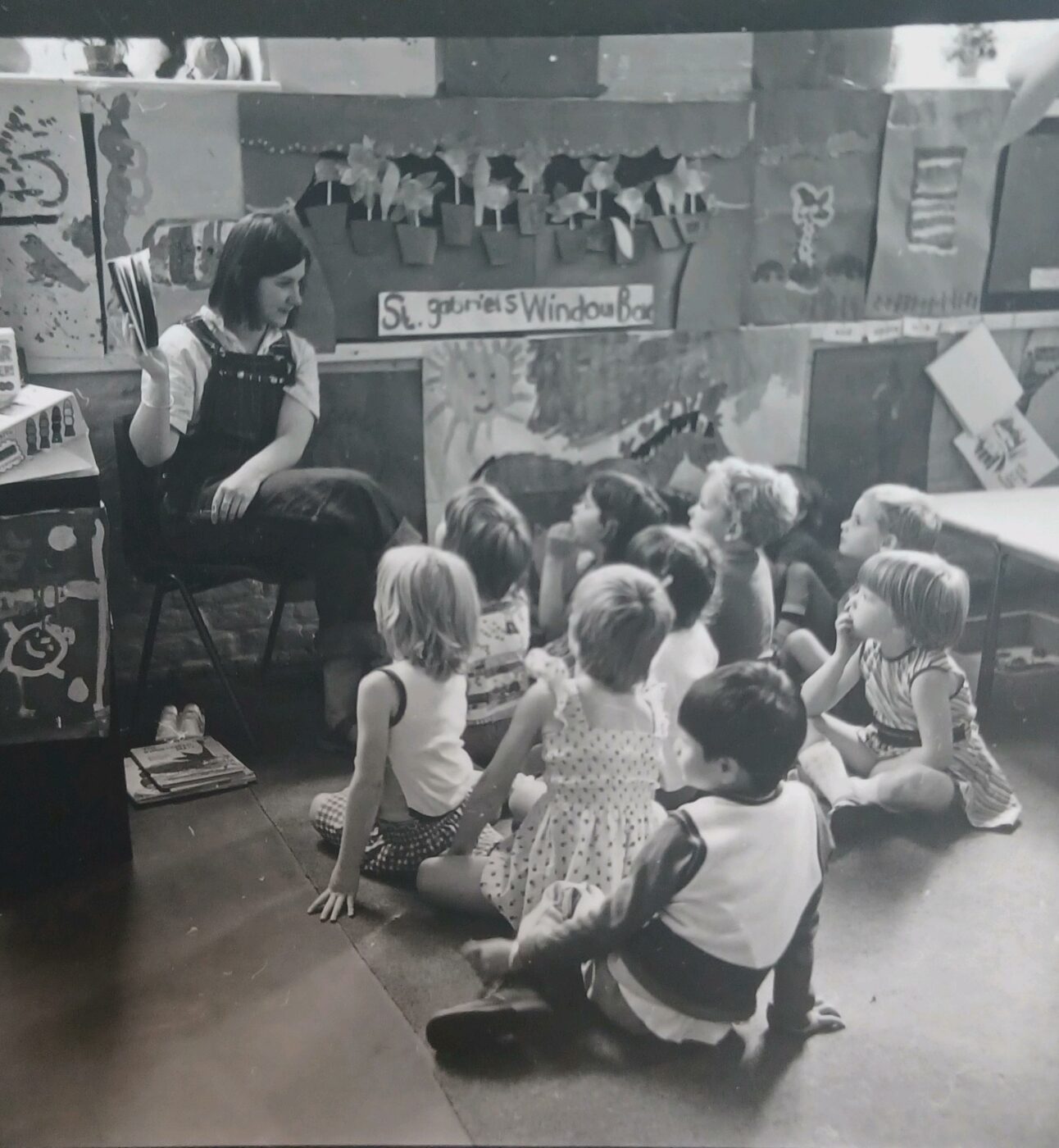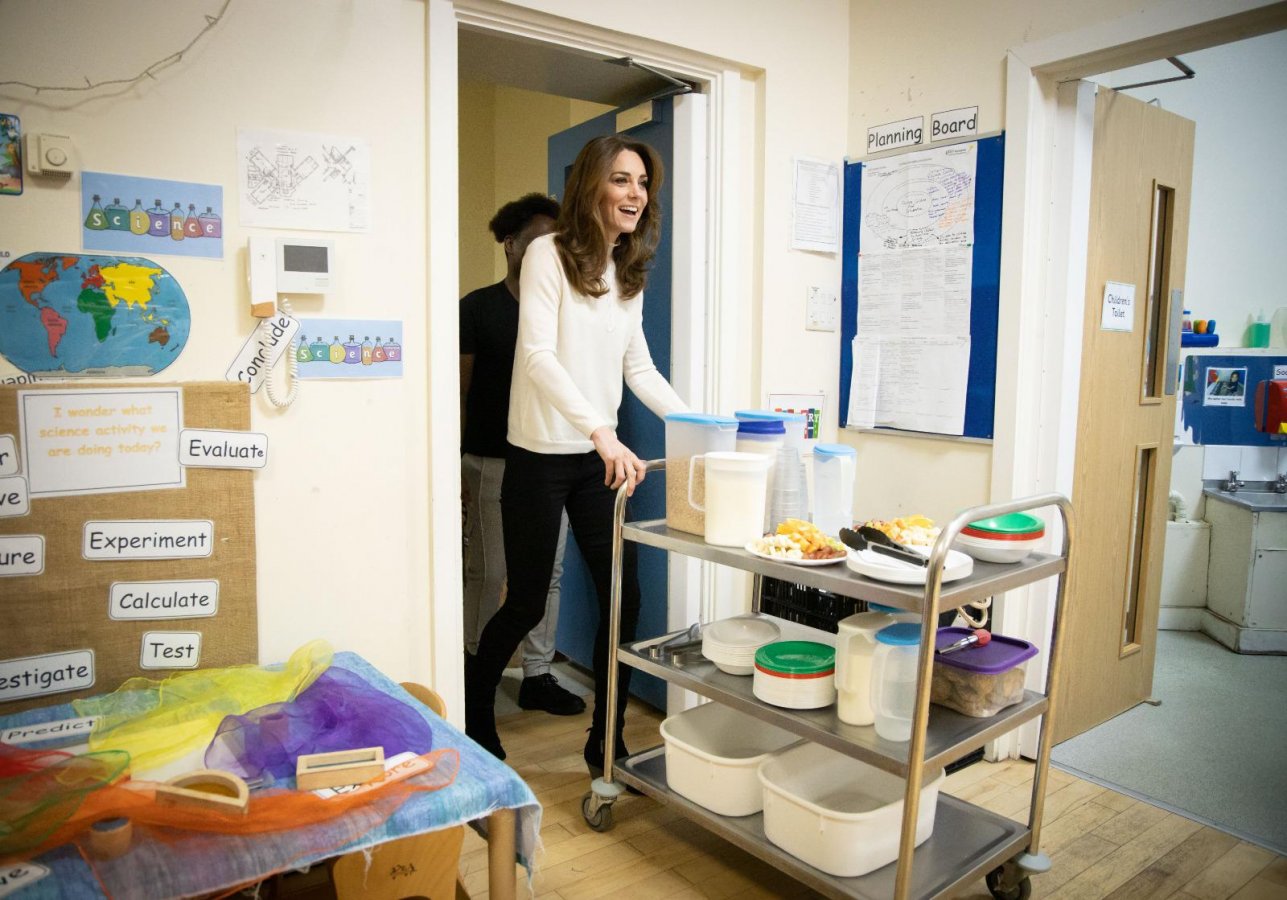
Talking Early Years: Celebrating 120 Years at LEYF
The Year That is 2023 – This year, we are proud to celebrate 120 years of LEYF. It’s been fascinating to reflect back on what has changed over…
January 16th 2012
Ofsted gets a mixed reaction from the sector. It can bring you out in a rash or a hot sweat, but it can also be a very helpful and useful experience. I think we have now had about 50 inspections across LEYF, and of varying quality. The first one was led by Jim Rose back in 1997, when Westminster was a pilot; I remember him refusing lunch in case it constituted a bribe, and instead sticking with his banana.
Ofsted is now under new leadership, so in keeping with the arrival of a new leader, we see a bit of a shake-up; and in the true spirit of change management, we start with a consultation. (This one has just begun, and we have until Friday 6 April 2012 to share our views.)
The changes are to coincide with the revised EYFS, which the Government intends to publish in September. And so this will be a busy and interesting time for those of us due to be inspected around that time. In the case of LEYF that is about three nurseries.
Over the years we have known a raft of different Ofsted experiences; some good and some pretty terrible. Success always lies with the attitude, personality and competence of the inspector and how they interpret the guidance. Some inspectors bring intelligence, knowledge and sensitivity to the process, whilst others are jobsworths in their approach and get a reaction similar to Marmite: you either love it or hate it.
With the new EYFS emphasising personal, social and emotional learning, communication and physical development, I hope we see inspectors well versed in knowing how to judge the opportunities and experiences the children receive to develop in all those areas, especially the two year olds. Hopefully, that would mean more inspections held with staff and children rather than looking at paperwork. Many a time I hauled inspectors, anxiously filling in long reports in the office, outside to see children in action.
The consultation wants to ensure inspections reports are helpful to parents. In that case, they need to be written in a way that tells parents something useful. Nowadays, inspection reports are so anodyne they tell you next to nothing.
Finally – and this is just a starter for ten – I hope they dump ‘satisfactory’ as a category; it’s so dull and depressing, and just makes one feel lacking and limp. (Let’s not forget how very important outcomes are for morale and affirmation.)
Of course, there is and should be a monetary factor attached to an Ofsted judgement these days, with some local authorities giving extra funding for good or outstanding outcomes when allocating the NEG; for example, 40 pence extra per child per hour for getting an outstanding can help make the NEG add up to the real cost of the place.
There is much more to say about Ofsted, and so we must all respond to the consultation. If it was up to me, I would give it back to the Queen and make it Her Majesty’s Inspectorate; an independent, high calibre service staffed with highly intelligent, experienced and capable inspectors. It might give it back its credibility and potency … but hey, imagine the cost!

The Year That is 2023 – This year, we are proud to celebrate 120 years of LEYF. It’s been fascinating to reflect back on what has changed over…

The other night I was watching my new late-night Netflix addiction, How to Get Away With Murder. I have reached Series 5 where the main protagonist, Annaliese Keating is…

We all know that the Tiger comes to Tea but we have never had a Duchess come to Breakfast. https://www.youtube.com/watch?v=-6hzbLzcprE The Duchess of Cambridge lightened up our…